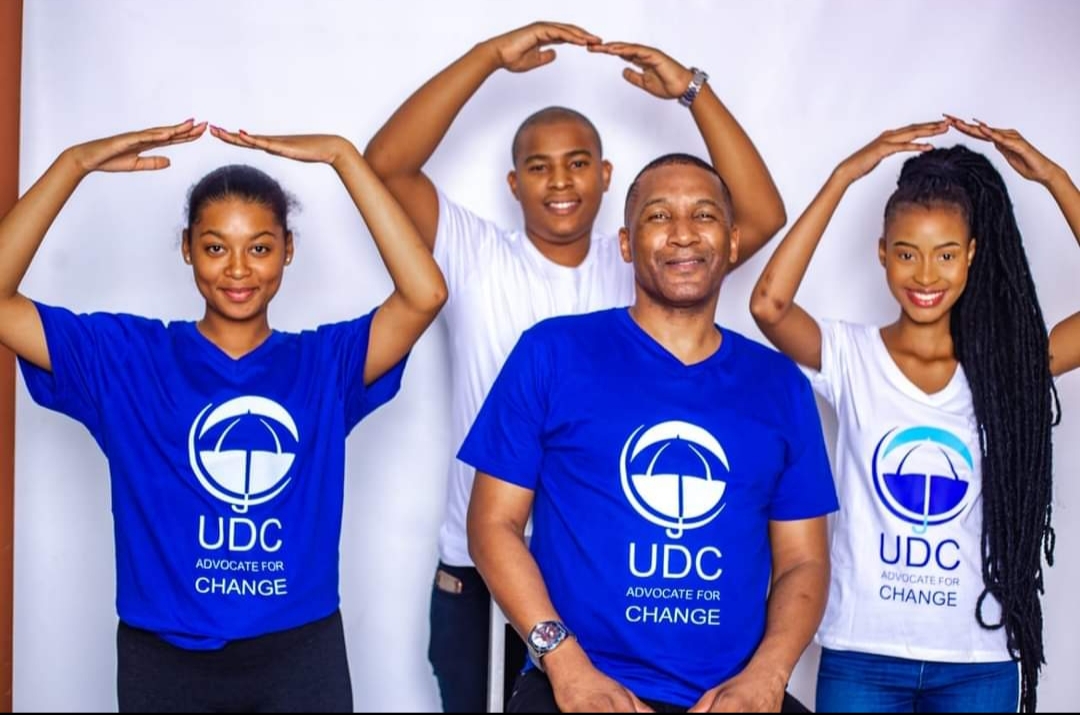For 58 years, the Botswana Democratic Party (BDP) has been a towering force in Botswana’s political landscape, continuously steering the nation’s governance since its independence in 1966. However, a monumental change recently occurred when the Umbrella for Democratic Change (UDC) achieved a breakthrough, marking the end of the BDP’s longstanding dominance and signaling a new era in Botswana’s democratic journey. This shift not only reflects the evolving political climate but also showcases the influence of various political parties that have, over the years, contributed to the current democratic framework. Let’s explore the key strategies and historical journey that led to this pivotal moment and consider what this transformation means for the future of democracy in Botswana.
A Journey Shaped by Diverse Political Voices
The BDP’s rule, while marked by significant developmental milestones, also faced growing criticism from citizens and opposition parties alike, particularly around issues of transparency, accountability, and economic diversification. Since the 1980s, various opposition parties have gradually influenced the political landscape, presenting alternative visions for Botswana’s future and continuously pushing for democratic reforms.
Political parties like the Botswana National Front (BNF), Botswana Congress Party (BCP), and later the UDC, have been pivotal in shaping the discourse. Each party has emphasized key issues such as job creation, tackling corruption, healthcare reform, and youth empowerment, resonating with an increasingly younger electorate that desires change. Through mergers and strategic alliances, these parties have strengthened their positions, enabling them to challenge the BDP’s hegemony more effectively.
The formation of the UDC in 2012, a coalition that brought together the BNF, Botswana Movement for Democracy (BMD), and later the BCP, marked a significant turning point. This coalition amplified their collective impact, creating a formidable opposition capable of reaching broader demographics and appealing to diverse voter concerns.
Strategies That Paved the Way for Change
The UDC’s success can be attributed to a combination of innovative strategies and a keen understanding of the electorate’s evolving needs. Among the most effective strategies were:
- Unified Opposition: The UDC’s formation was instrumental in consolidating opposition efforts, creating a strong, cohesive alternative to the BDP. This unity showcased a commitment to prioritizing national interests over partisan politics, enhancing voter trust and confidence.
- Engagement of Youth and Urban Voters: Recognizing the power of young and urban voters, the UDC prioritized issues that resonated with these groups, such as job creation, quality education, and technology-driven economic development. These focus areas attracted a significant portion of the youth vote, a key factor in their success.
- Digital Campaigning: The UDC embraced social media and digital platforms to reach a wider audience, bypassing traditional media channels that often leaned in favor of the BDP. By harnessing the power of social media, the UDC connected directly with citizens, particularly younger voters, driving higher engagement and awareness of their platform.
- Commitment to Transparency and Accountability: With a focus on governance and tackling corruption, the UDC distinguished itself as a party committed to transparency. This clear contrast to BDP’s handling of such issues resonated strongly with citizens seeking a new era of accountability.
- Localized Campaigns and Grassroots Connections: The UDC also employed community-level campaigns to address local issues specific to different regions. By engaging directly with communities, they fostered a sense of connection and demonstrated a deep understanding of regional challenges, further solidifying their support base.
What This Means for the Future of Botswana’s Democracy
The UDC’s victory is a powerful symbol of Botswana’s maturing democracy. It demonstrates that the nation’s democratic institutions are resilient and capable of supporting political change, a promising sign for future governance. This shift also sets a precedent for peaceful transitions of power in Botswana, which will likely reinforce citizens’ faith in the democratic process.
- Enhanced Accountability: As the UDC takes on the role of governing, they will be under considerable scrutiny to deliver on their promises, particularly around transparency, job creation, and corruption reform. This new chapter may lead to heightened political accountability, as future elections will likely hinge on performance and responsiveness to citizens’ needs.
- Increased Political Diversity: The UDC’s ascent signals the growing diversity in Botswana’s political landscape. With more parties actively participating in governance, citizens can expect a broader range of perspectives and policy options, fostering a healthy competitive environment within Botswana’s democracy.
- Youth Empowerment: The role of youth in this political shift cannot be understated. The UDC’s success reflects a political awakening among young voters who are now more engaged and empowered than ever. Future policies will likely place greater emphasis on youth-centered programs, creating more opportunities for young Batswana to shape the nation’s future.
- Strengthened Democratic Institutions: This peaceful transition of power underlines the strength of Botswana’s democratic institutions, serving as an inspiring example for other African nations striving for democratic maturity. Botswana’s stability amid change reinforces its position as a beacon of democracy on the continent.
Moving Forward
Botswana’s democratic evolution is a testament to the power of diverse political voices, civic engagement, and a responsive electorate. As the UDC steps into its new role, the responsibility now lies with them to maintain the trust of the people and uphold the principles of democracy. Their performance will not only shape Botswana’s future but will also serve as a benchmark for governance across the region.
The shift in Botswana’s political landscape is not just a victory for the UDC; it is a win for democracy, one that signifies the empowerment of citizens and the maturity of Botswana’s political institutions. As the country moves forward, this historic moment will be remembered as a testament to the resilience of democracy and the enduring power of the people’s voice.










